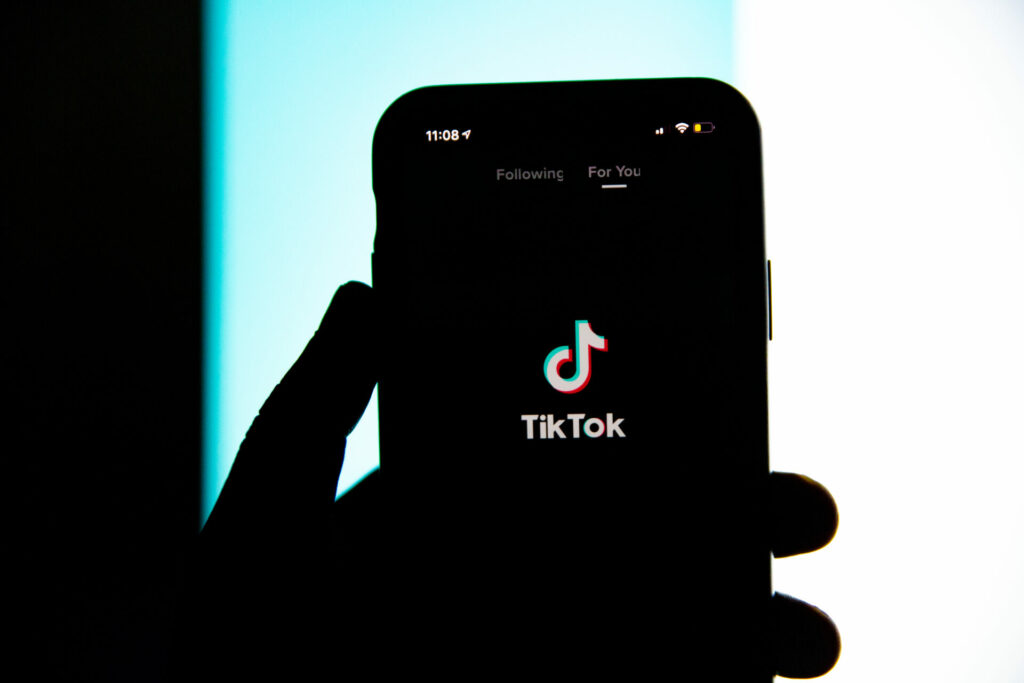The EU courts have dismissed an action by Tiktok owner Bytedance, which tried to claim that the online platform should not fall within the scope of new rules for the EU's digital market.
Bytedance was established in China in 2012. The current version of Tiktok, which allows users to view, create and share short video content, was launched in the EU in 2018.
In September last year, the European Commission labelled Bytedance a "gatekeeper" under the new Digital Markets Act, along with Alphabet (Google), Amazon, Apple, Meta (Facebook) and Microsoft.
These large digital platforms are considered to be important gateways between businesses and consumers, whose strong position could lead to unfair practices and influence over the digital economy.
Under the EU's new Digital Markets Act, a set of rules for gatekeeper platforms which have been in force since May. These allow the Commission to compel companies to comply with the regulations. Non-compliance can be penalised with hefty fines of up to 10% of a company's worldwide turnover (rising to 20% for repeated infringements).
Bytedance is a 'gatekeeper' subject to new EU rules
In November 2023, Bytedance brought an action before the EU General Court seeking an annulment of the Commission's decision to label it as a gatekeeper. The court dismissed Bytedance's appeal, instead ruling that the Commission is "fully entitled" to consider Bytedance as a gatekeeper, as it meets thresholds set out in the Digital Marketing Act regarding global market value and number of users in the EU.
Specifically, the court rejected Bytedance's claim that its global market value is mainly attributable to activities in China and that it does not have a significant impact on the EU internal market.
Bytedance also claimed that Tiktok in the EU is smaller than other social network platforms like Facebook or Instagram, and that it does not serve as an important gateway for businesses. The company argued that Tiktok is still a "challenger" on the market as competitors like Meta and Alphabet have launched competing short-form video features (Reels and Shorts).
The General Court rejected these claims, noting that while Tiktok was a challenger when it first launched in the EU in 2018, the platform has grown its user base "exponentially", reaching half the size of Facebook and of Instagram in a short time. It has a particularly high engagement rate among young users, who spent more time on TikTok than on other social networks.
Bytedance is entitled to appeal the decision, on a point of law only, to the Court of Justice of the European Union (CJEU) within two months and ten days of notification of the decision.

